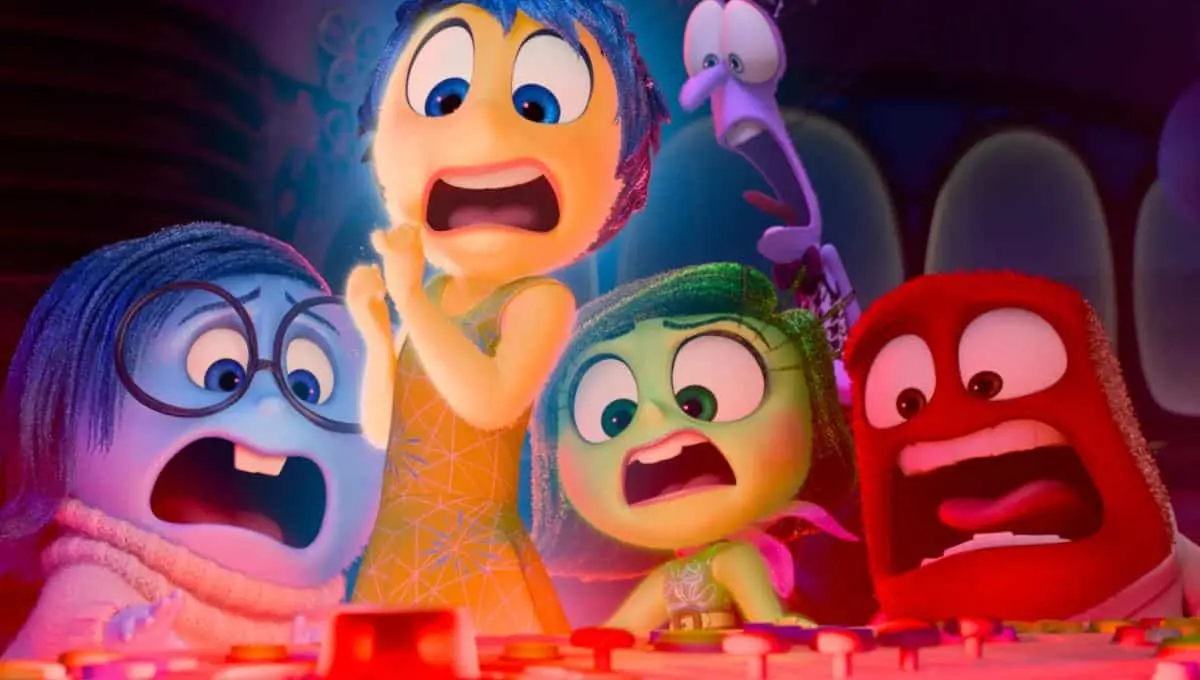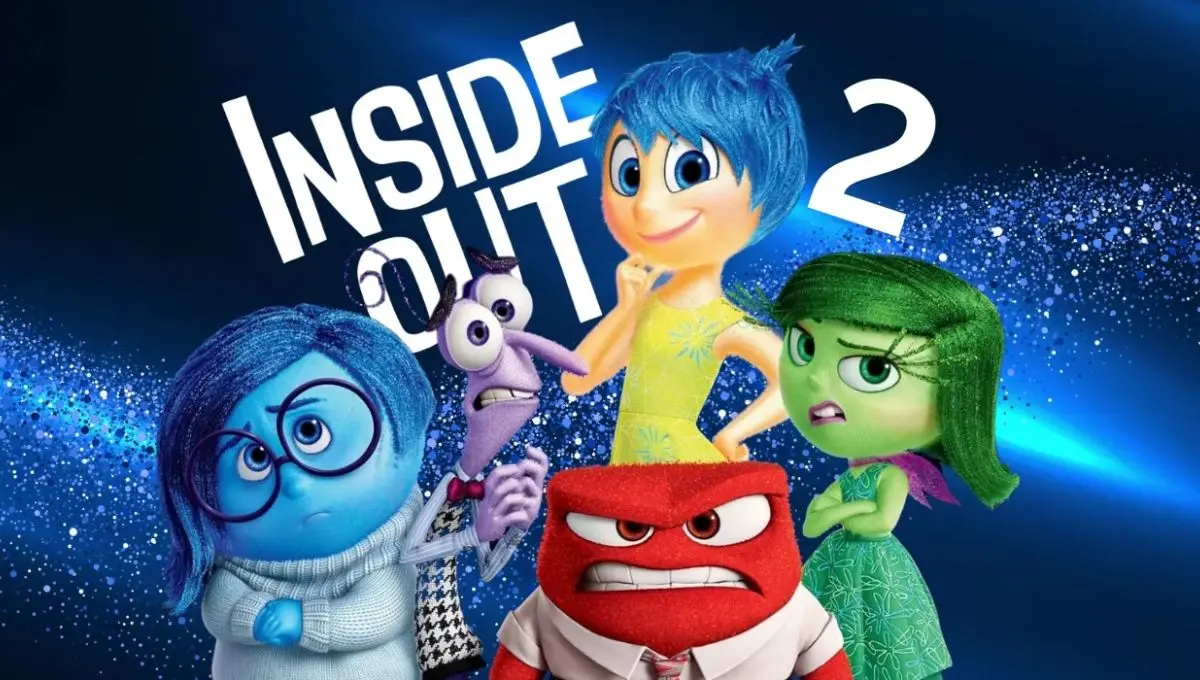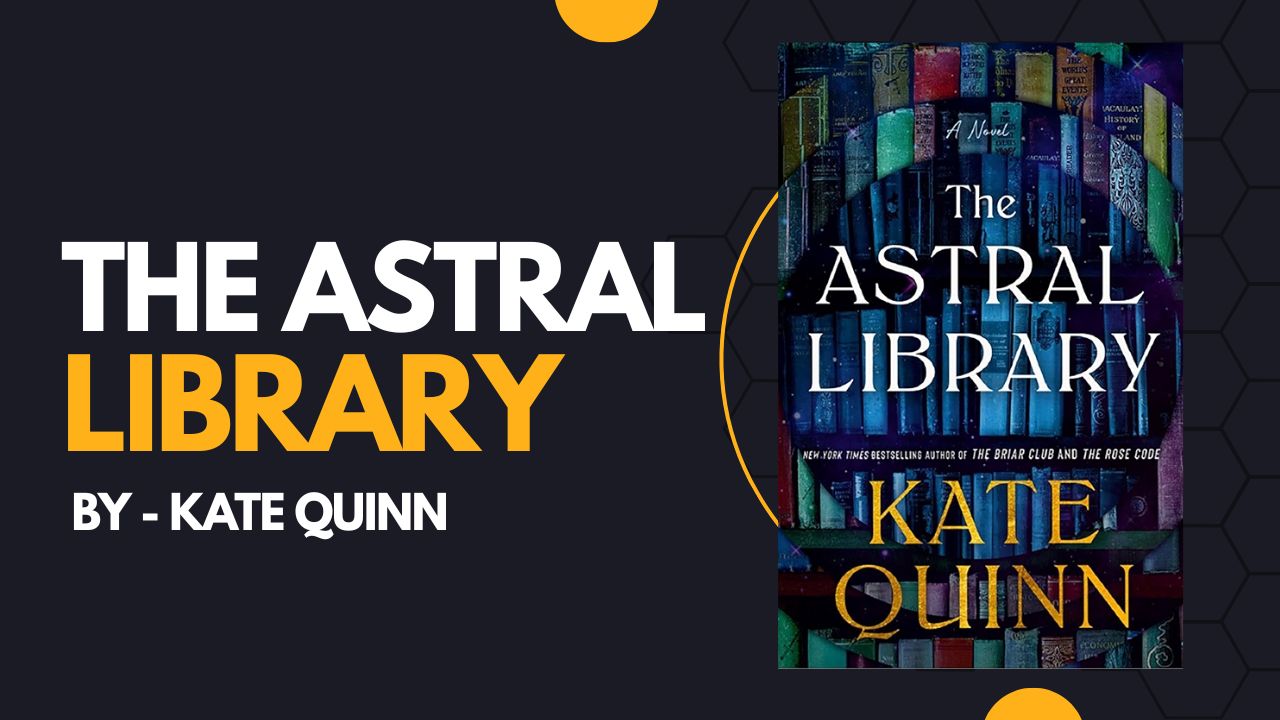Pixar has done it again with Inside Out 2, a sequel that delves deeper into the complex emotional landscape of adolescence. Directed by Kelsey Mann, this film revisits Riley, now a 13-year-old, navigating the tumultuous terrain of puberty, friendships, and self-identity. This review explores the highs and lows of Pixar’s latest emotional journey.
A Worthy Continuation
Inside Out 2 picks up where its predecessor left off, now focusing on Riley’s teenage years. The film brilliantly captures the essence of growing up, emphasizing the internal conflicts and emotional upheavals typical of this life stage. Riley, voiced by Kensington Tallman, is confronted with new challenges as she enters high school, faces the pressures of fitting in, and deals with the anxiety of puberty.
Emotional Upgrades
The movie introduces new emotions to Riley’s control center, including Anxiety (Maya Hawke), Envy (Ayo Edebiri), Ennui (Adèle Exarchopoulos), and Embarrassment (Paul Walter Hauser). These characters add depth to the narrative, portraying the intensified feelings that accompany adolescence. Anxiety, in particular, stands out with a gripping performance, embodying the erratic and overwhelming nature of teenage fears.
Rich Visuals and Creative Settings
Pixar excels in bringing Riley’s mind to life with stunning visuals and imaginative settings. The film explores new areas of her psyche, such as the Memory Banks, Imaginationland, and the dark corners of the subconscious. Each location is meticulously crafted, adding layers of meaning to the story. The vibrant colors and detailed animation immerse the audience in Riley’s internal world, making the abstract concepts of emotions tangible and relatable.

Balancing Humor and Heart
While Inside Out 2 retains the humor and charm of the original, it also tackles serious themes with sensitivity. The movie portrays the struggles of adolescence with authenticity, avoiding exaggerated stereotypes. Riley’s journey is filled with relatable moments, from her desire to fit in with the cool kids to the anxiety of not meeting expectations. The film skillfully balances these elements, making it accessible to both younger audiences and adults.
Narrative and Character Development
The storyline of Inside Out 2 may not be as groundbreaking as the original, but it effectively builds on the established foundation. The interactions between the old and new emotions drive the plot forward, highlighting the conflicts and resolutions within Riley’s mind. Joy and Anxiety’s dynamic adds a fresh layer to the narrative, emphasizing the importance of balance and cooperation among emotions.
Highlights and Criticisms
While the film has received praise for its emotional depth and visual splendor, some critics feel it lacks the novel impact of its predecessor. The sequel’s lighter tone and reliance on familiar storytelling techniques may not resonate as strongly with all viewers. However, the movie’s exploration of anxiety and the complexities of teenage life offers valuable insights and continues Pixar’s tradition of blending entertainment with meaningful messages.
Conclusion
Inside Out 2 is a heartfelt and visually captivating sequel that honors the spirit of the original while exploring new emotional territory. It provides a thoughtful look at the challenges of growing up, enriched by Pixar’s signature humor and creativity. Whether you’re a fan of the first film or new to Riley’s world, this emotional rollercoaster is worth the ride.
Also Read: Will Smith to Star in Sci-Fi Thriller Resistor, Marking His Hollywood Return Following the Oscars Incident











